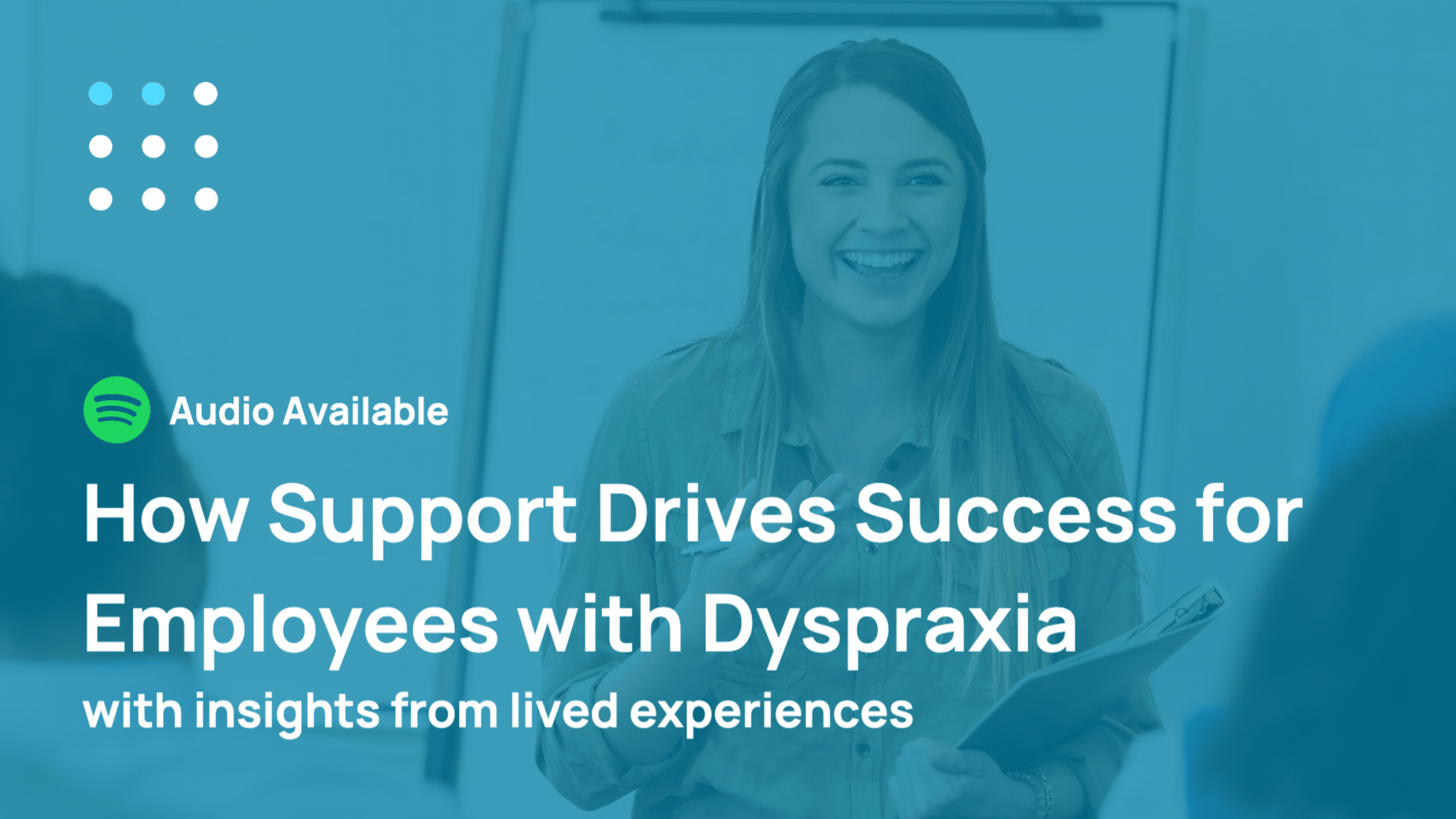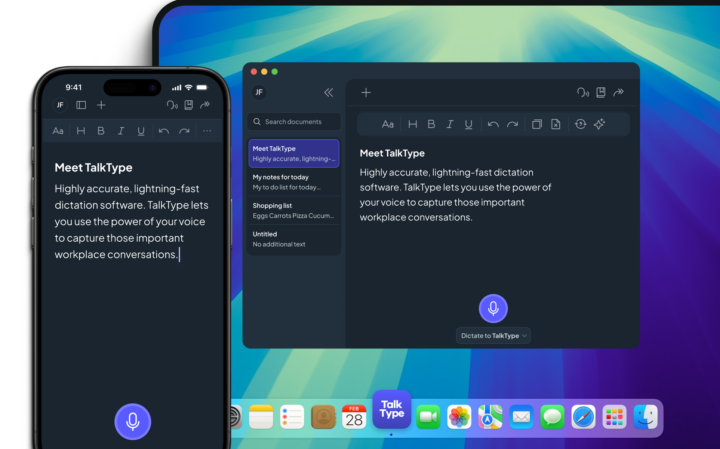What Causes Dyspraxia?
People are born with dyspraxia, but it’s not clear what the cause is. It is thought to run in families and to have a genetic link.
Some believe it’s caused by a problem with the messaging signals between the nerves and brain. An early or low birth weight and any family history of coordination difficulties can also increase the risk of dyspraxia. Evidence suggests there are no clinical neurological abnormalities to explain why someone would have dyspraxia. But for some children, lesser development of motor nerves may be in their genetic code.
There is some evidence to suggest consuming high levels of alcohol or illegal drugs during pregnancy can increase the risk of a child developing the condition.
How Is Dyspraxia Diagnosed in Adults?
To diagnose dyspraxia in adults, a range of professionals can carry out assessments of movement skills. Evaluations may include physical exams that review movement, coordination, and how the symptoms affect your life ahead of diagnosis. Professionals such as paediatricians, clinical psychologists, occupational or speech and language therapists, and physiotherapists can provide a diagnosis for dyspraxia. Each of these professionals will assess movement, motor and coordination skills, along with the impact symptoms were having before diagnosis.
In most cases a GP should be the first point of contact. To ensure a successful GP visit, patients should log their symptoms in a diary. Symptoms often vary between individuals so different tests will apply. These may include the neurological testing such as the Romberg test, distal proprioception, or thumb-finding test. Or it could include verbal or other sensory assessments.
To gain a diagnosis, individuals may well need a referral to a specialist for assessment and to receive support strategies.
While some people with dyspraxia won’t have any other neurological diagnosis, symptoms can overlap with other specific learning difficulties. So it’s important to get a proper diagnosis for all presenting symptoms.
- ADHD and dyspraxia: People with dyspraxia and ADHD may get easily distracted. They may also struggle with memory and organisational skills.
- Dyslexia and dyspraxia: Both dyslexia and dyspraxia are specific learning difficulties that are often identified in children.
- Autism and dyspraxia: Both conditions affect speech and slow down processing speeds.





